43 mental health workers label behavior as disordered when it
Can Learned Behavior Masquerade as a Mental Illness? When our minds jump to blaming a mental health condition for someone's behavior, it's important to pause and consider if stigma is in play and what it might be causing us to overlook. In doing that, we can change our perceptions and filter out mental health stigma. Tags: learned behavior APA Reference Barton, L. (2020, August 10). Mental Disorders: Definition, Symptoms, Types, Treatments - Verywell Mind Some of the symptoms that a person with a mental disorder might experience include: 2. Anxiety. Changes in appetite. Changes in behavior. Changes in mood. Changes in sex drive. Delusions, hallucinations, or other difficulties perceiving reality. Depression or feelings of sadness. Difficulty sleeping.
Psychiatric Labels Cause Harm by Stigmatizing People - Google Psychiatric labeling is an extremely common practice employed by mental health practitioners, and seems to be growing in popularity (Timimi, 2014). Key Terms associated with Psychiatric Labeling: - Stigma: any attribute, trait or disorder that causes a person to be labeled as unacceptably different from "normal" people (Centre for Addiction ...

Mental health workers label behavior as disordered when it
Mental Illness Labels May Have Contradictory Effects Being labeled as having a severe and visible mental disorder, such as schizophrenia or bipolar disorder, tends to "out" sufferers publicly with somewhat contradictory effects, new research finds ... 5. Facilitating Behavior Change and Well-being to Improve ... Dec 16, 2021 · A systematic review and meta-analysis showed that psychosocial interventions modestly but significantly improved A1C (standardized mean difference –0.29%) and mental health outcomes . There was a limited association between the effects on A1C and mental health, and no intervention characteristics predicted benefit on both outcomes. 6 mental health workers label behavior as - Course Hero 6.Mental health workers label behavior as psychologically disordered when they judge it: A) prejudicial, unconsciously motivated, ingenuine, and insane. B) biologically based, unconsciously motivated, aggressive, and difficult to change.C) selfish, habitual, and avoidable.
Mental health workers label behavior as disordered when it. Self-compassion - Wikipedia Mindfulness skills in dialectical behavior therapy. Dialectical behavior therapy (DBT), is a derivative of cognitive behavior therapy that incorporates Eastern meditative practice. DBT is based on a dialectical world view that incorporates the balance and integration of opposing beliefs, particularly in acceptance and change. Mental health labels can save lives. But they can also destroy them ... Diagnoses such as obsessive-compulsive disorder and depression, for example, are more likely to be experienced positively, validating suffering and giving people a platform from which to speak ... The "Toxic Person" Label and Mental Illness - MH@H - Mental Health Abusive behaviours are more black and white are more black and white in terms of being acceptable or unacceptable, but people are complicated. Irritability can be a symptom of both mania and depression. I've had short periods of intense irritability in the past as part of my depression, and it is not a pretty sight to behold. Mental Illness Isn't an Excuse for Problematic Behavior - Healthline Unmanaged illnesses such as depression, anxiety, bipolar disorder, and other diseases can hijack our reactions, causing us to behave in ways that don't align with our values or true characters....
Medical Model - Treating Mental Disorders | Simply Psychology The Medical Model. By Dr. Saul McLeod, updated 2018. The medical model of mental illness treats mental disorders in the same way as a broken arm, i.e. there is thought to be a physical cause. This model has been adopted by psychiatrists rather than psychologists. Supporters of the medical model consequently consider symptoms to be outward signs ... Adult attention deficit hyperactivity disorder - Wikipedia In the context of the World Health Organization World Mental Health Survey Initiative, researchers screened more than 11,000 people aged 18 to 44 years in ten countries in the Americas, Europe and the Middle East. On this basis they estimated the adult ADHD proportion of the population to average 3.5 percent with a range of 1.2 to 7.3 percent ... Three Approaches to Understanding and Classifying Mental ... Dec 06, 2017 · The 2004 World Mental Health Survey found that in low- and middle-income countries, less than 25% of individuals with serious mental illness (e.g., schizophrenia, bipolar disorder, MDD) had received any treatment in the past year, and even in high-income countries (e.g., the U.S., Western European countries), the proportion was only a third to ... Abnormal Behavior and Mental Health | FreebookSummary The second explanation, psychological, uses the idea that there is some sort of tension that begins the abnormal behavior. According to Hergenhanhn (2009) experiences like grief, anxiety, fear disappointment, frustration and guilt can all be factors that can make an influence. The last explanation is the supernatural.
Labeling You a Mental Health Patient | Psychology Today All "mental health disorder" labels ought to be rethought. They flow from a specious, incoherent definition of "mental disorder" and amount to little more than the affixing of fancy-sounding ... The "Attention-Seeking" Label and the Stigma It Represents - Mental Health The attention-seeking label is thrown around a fair bit in mental health care.\ Where I work, a lot of the staff aren't trained mental health professionals, and most of the regular nursing staff are pretty fresh out of school. I think both of these factors contribute to a tendency to quickly leap to the conclusion of attention-seeking. Solved Mental health workers label behavior as disordered | Chegg.com Mental health workers label behavior as disordered when it is Select one or more: a selfish, habitual, and avoidable b. deviant, distressful, and dysfunctional c. biologically influenced, unconsciously motivated, and difficult to change d. aggressive, persistent, and intentional A fundamental problem with the diagnostic labeling of psychologically Mental health 'labels' can do more harm than good, warn researchers According to the charity Mind, three to five people in every 100 are estimated to be diagnosed with 'personality disorders' in the UK, with one to three in every 100 living with 'schizophrenia'.
Cannabis Use Disorder - StatPearls - NCBI Bookshelf Jul 11, 2022 · Cannabis is considered by the Food and Drug Administration as a Schedule I drug. (Other examples of Schedule I drugs include heroin and peyote.) It has no accepted medical purpose at the federal level and has a high potential for abuse. Most authorities disagree with this designation. Commonly prescribed drugs like opiates and stimulants are Schedule II drugs, meaning they have a high risk of ...
Homosexuality and scientific evidence: On suspect anecdotes ... The “desire” or “longing” is different from the action of having body parts removed, but both the inclination, desire, and longing as well as the action of removal are considered disordered (Hilti et al. 2013, 324). 1 The removal of healthy limbs is a disordered action, and the desire for the removal of healthy limbs is a disordered ...
Mental health workers label behavior as disordered when it is a ... 05/16/2019 Health High School answered Mental health workers label behavior as disordered when it is a) aggressive, persistent, and intentional b) selfish, habitual, and avoidabla c) deviant, distressful, and dysfunctional d) biologically influenced, unconsciously motivated, and difficult to change 2 See answers Alexappp717 Alexappp717 Answer: C
Labeling of mental disorders and stigma in young people Label use and stigmatizing beliefs were assessed in response to vignettes of a young person experiencing depression, psychosis or social phobia. Logistic regressions examined the association between a range of labels commonly used, including psychiatric labels, and a range of stigma components.
Mental Health Discrimination in the Workplace: What Are My Rights? Yes, hiring discrimination is illegal, but it's also tough to prove in court. Once you've been hired, mental health discrimination on the job may look like: Being excluded from an out-of-town training session because of a travel phobia. Being passed up for a promotion, perhaps fearing it will increase your anxiety.
Against Personality and Mental Health Labels | Psychology Today Clients like diagnostic labels because having an identified "disease" suggests that their bad behavior is not their fault, that the condition has been studied, treatments developed, and that...
Alphabetical List Of Mental Disorders - Mental Health Center of America A person has below average cognitive ability (IQ of 70-85), but not as severe as an intellectual disability (IQ below 70). Borderline Personality Disorder: A psychological illness involving unstable moods, behavior, and relationships. Breathing-Related Sleep Disorder: Characterized by abnormal breathing during sleep.
Effects of Labelling in Mental Health - UKEssays.com The term 'label' refers to individuals whose actions or behavior deviates from social norms and what is acceptable in society. These individuals are labeled and develop a stigma attached; this can have an overall impact on the individuals' behavior once the label has taken form.
Chapter 15 TB Questions.docx - Chapter 15 TB Questions 1. Mental health ... Mental health workers label behavior as disordered when it A) is aggressive, persistent, and intentional. B) is selfish, habitual, and avoidable. C) represents a significant dysfunction in a person's cognitions, emotions, orbehaviors. D) is biologically influenced, unconsciously motivated, and difficult to change. C )
Mental Health 'Labels' Can Negatively Impact Treatment of Patients diagnosing patients with medical labels to describe mental health conditions or severe mental health illnesses such as 'personality disorder' or 'schizophrenia', can have negative impacts on...
Unit 12: Abnormal Psychology - Perspectives, Anxiety, Somatoform Mental health workers label thoughts, feelings, and actions disordered when they are ___, ___, and ___. deviant; distressful; dysfunctional This definition emphasizes that standards of acceptability for behavior are (constant/variable).
Understanding Stigma of Mental and Substance Use Disorders Parity laws for mental and substance use disorders in the United States have become a cornerstone for efforts to combat the structural inequity of behavioral health coverage versus physical health coverage and to eliminate or reduce coverage restrictions so that behavioral health benefits equate with benefits related to physical health services ...
PSY 100 Ch 13 Flashcards | Quizlet Most mental health workers today take the view that disordered behaviors: A) are usually genetically triggered. B) are organic diseases. C) arise from the interaction of nature and nurture. D) are the product of learning. C) arise from the interaction of nature and nurture.
PDF Psychological Disorders - College of Health and Human Sciences Defining Psychological Disorders Mental health workers view psychological disorders as persistently harmful thoughts, feelings, and actions. When behavior is deviant, distressful, and dysfunctionalpsychiatrists and psychologists label it as disordered (Comer, 2004). 2 7 Deviant, Distressful & Dysfunctional
Support & Academic Achievement for Students with Eating Disorders However, it’s important to try to catch eating disorders early. According to Lisa Alizadeh, a licensed professional counselor with over a decade of experience providing mental health counseling to children and families in schools, hospitals, and outpatient settings, “Often treatment of an eating disorder can be more effective when the individual starts the process earlier in the ...
12.1 Psychological Disorder: What Makes a Behavior "Abnormal"? A psychological disorder is an ongoing dysfunctional pattern of thought, emotion, and behavior that causes significant distress, and that is considered deviant in that person's culture or society (Butcher, Mineka, & Hooley, 2007). Psychological disorders have much in common with other medical disorders.
Mental Health in the Workplace - Centers for Disease Control and Prevention Mental illnesses such as depression are associated with higher rates of disability and unemployment. Depression interferes with a person's ability to complete physical job tasks about 20% of the time and reduces cognitive performance about 35% of the time. 11
How Labels Impacted My Mental Health - NAMI Labels come with expectations, most of which are not healthy. I became so caught up in the roles and titles that meeting expectations became more important than the experience of being in those roles. These expectations led me to countless hours of comparison, standing in the mirror pinching whatever fat I could find.
6 mental health workers label behavior as - Course Hero 6.Mental health workers label behavior as psychologically disordered when they judge it: A) prejudicial, unconsciously motivated, ingenuine, and insane. B) biologically based, unconsciously motivated, aggressive, and difficult to change.C) selfish, habitual, and avoidable.
5. Facilitating Behavior Change and Well-being to Improve ... Dec 16, 2021 · A systematic review and meta-analysis showed that psychosocial interventions modestly but significantly improved A1C (standardized mean difference –0.29%) and mental health outcomes . There was a limited association between the effects on A1C and mental health, and no intervention characteristics predicted benefit on both outcomes.
Mental Illness Labels May Have Contradictory Effects Being labeled as having a severe and visible mental disorder, such as schizophrenia or bipolar disorder, tends to "out" sufferers publicly with somewhat contradictory effects, new research finds ...



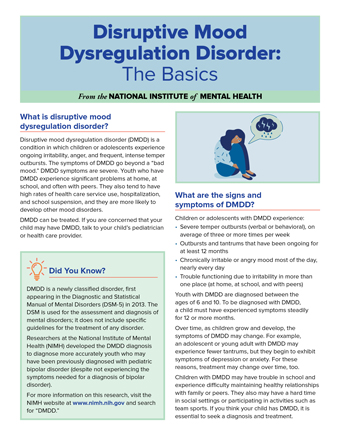

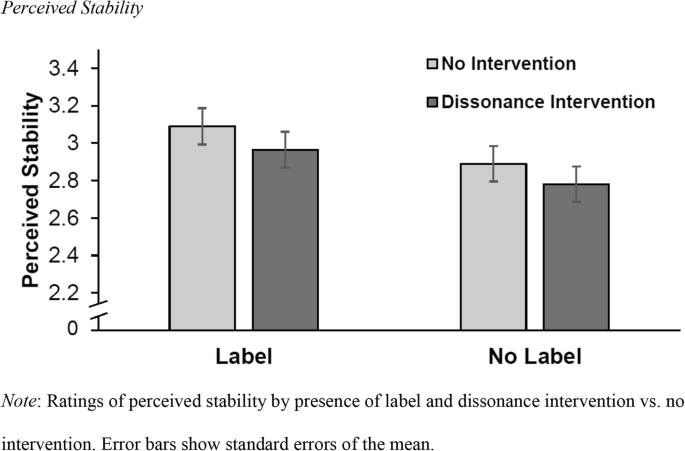



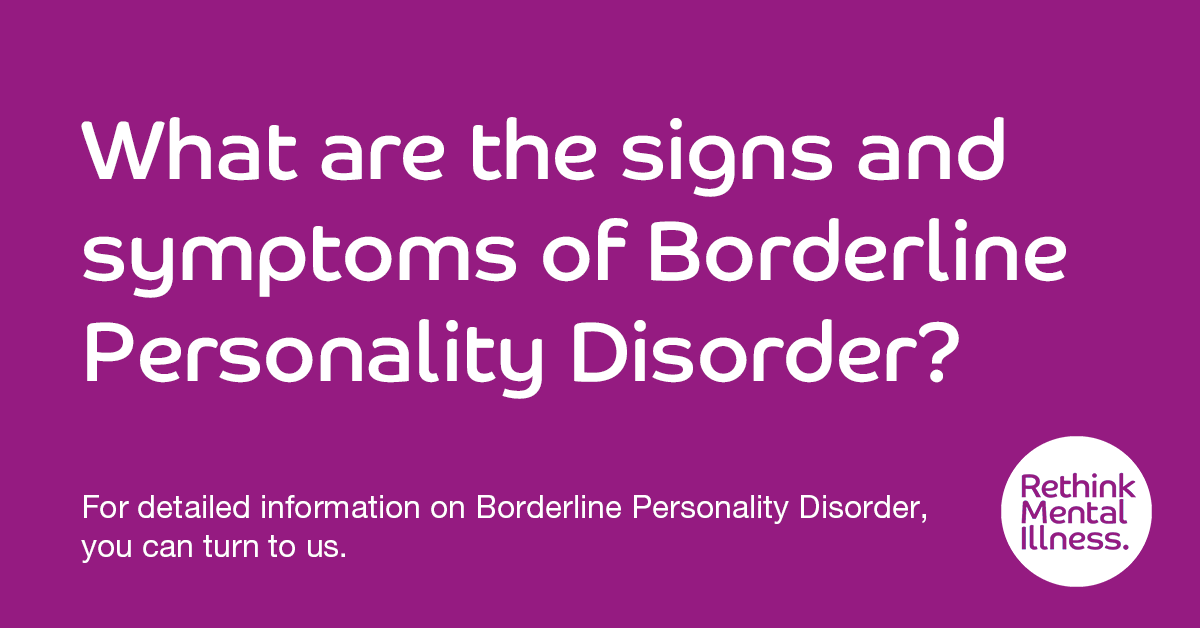

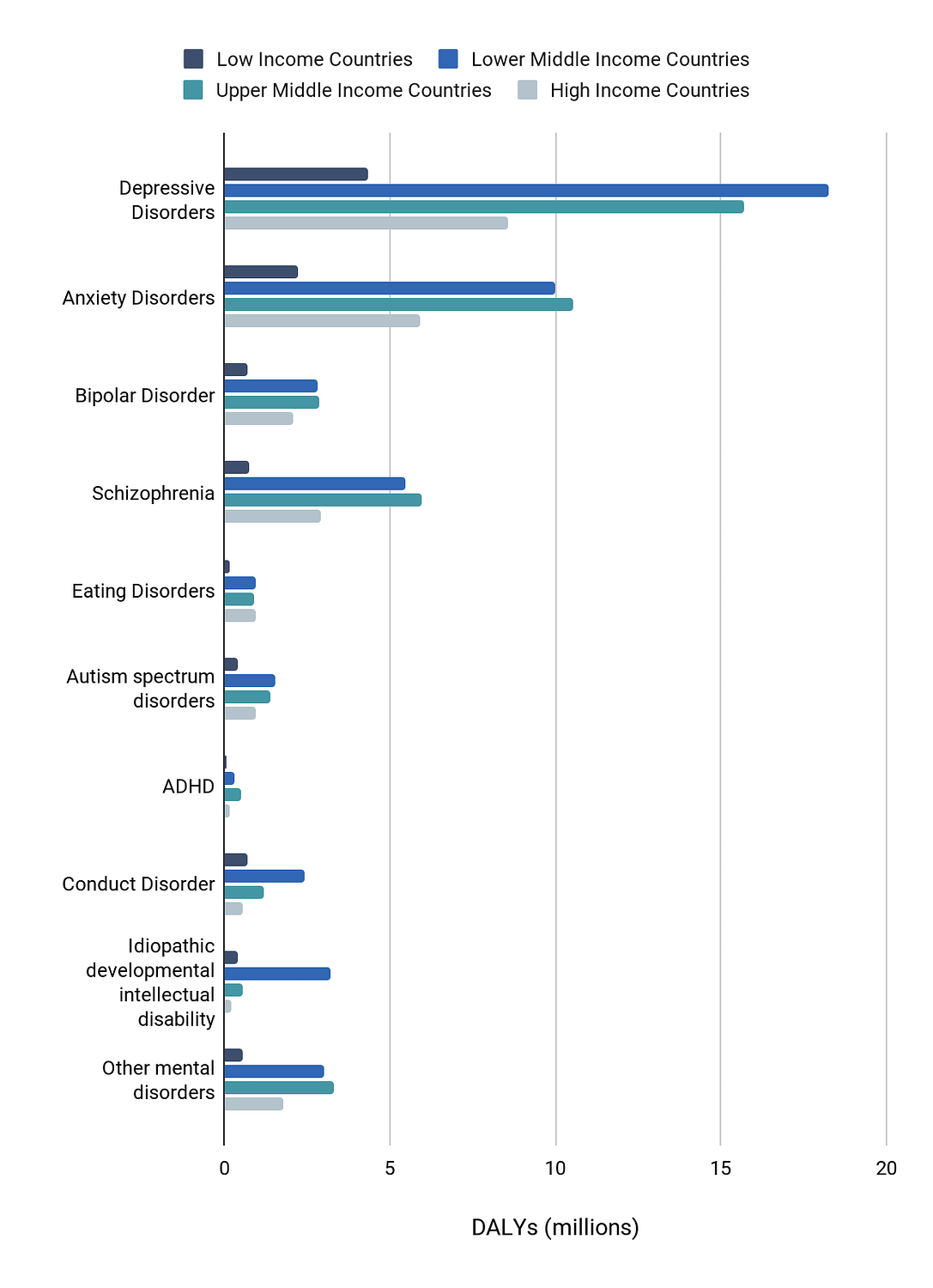




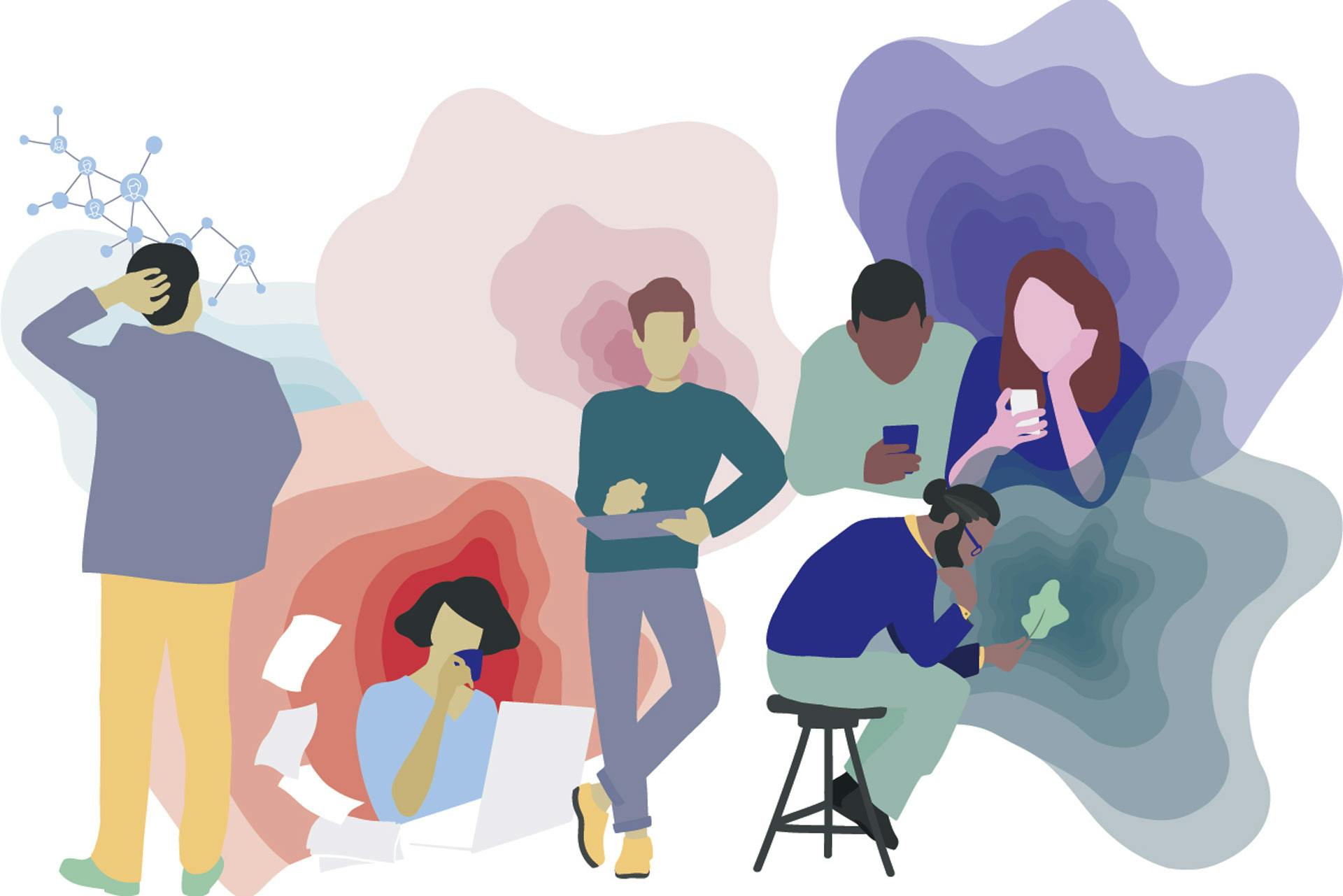
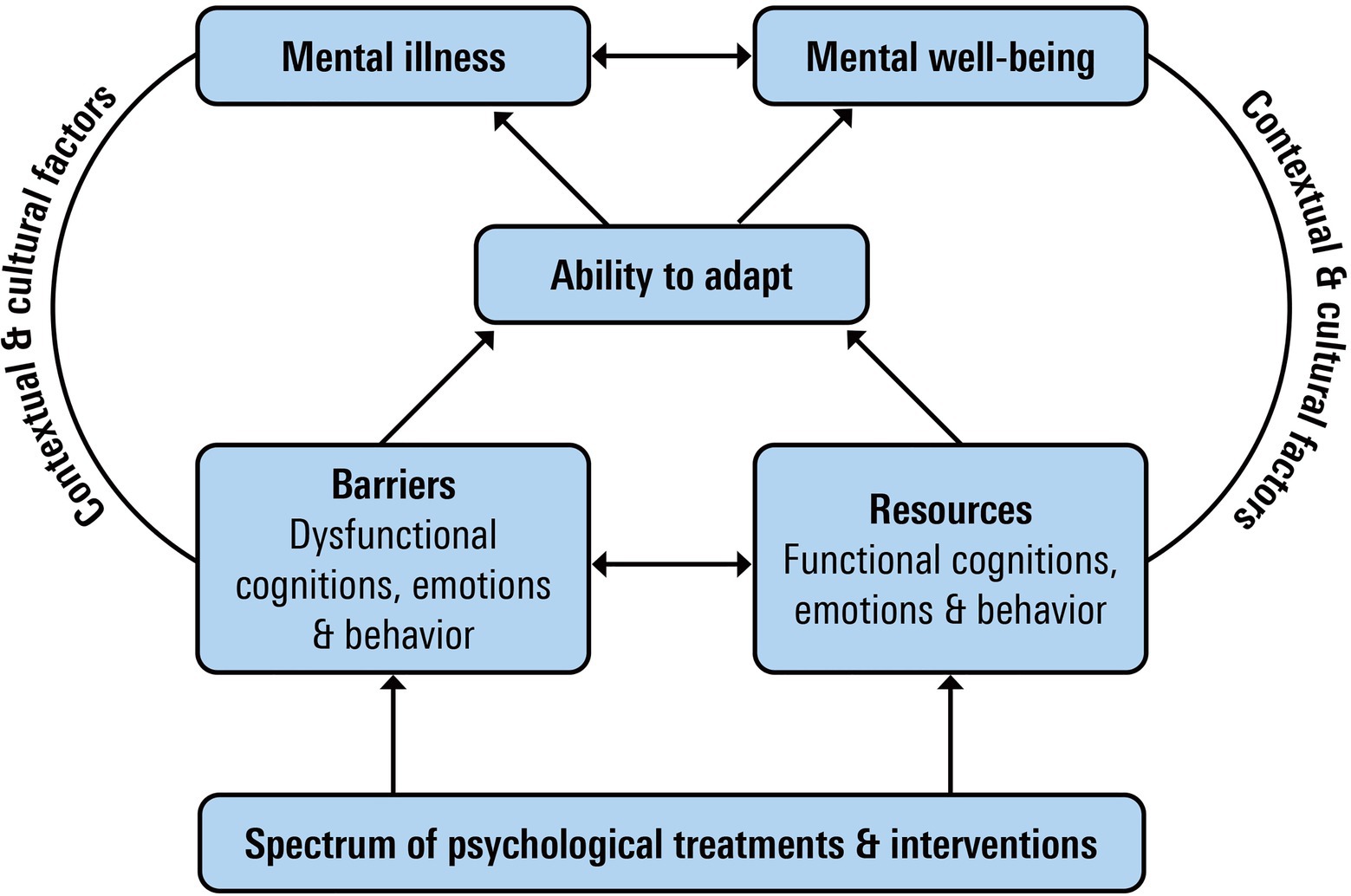

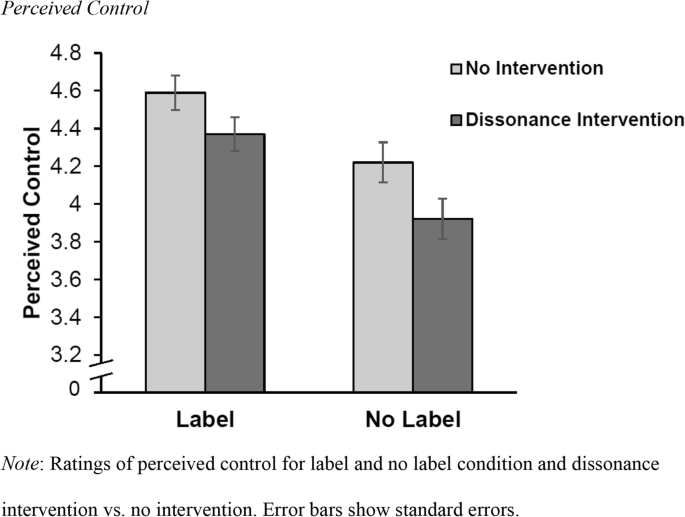
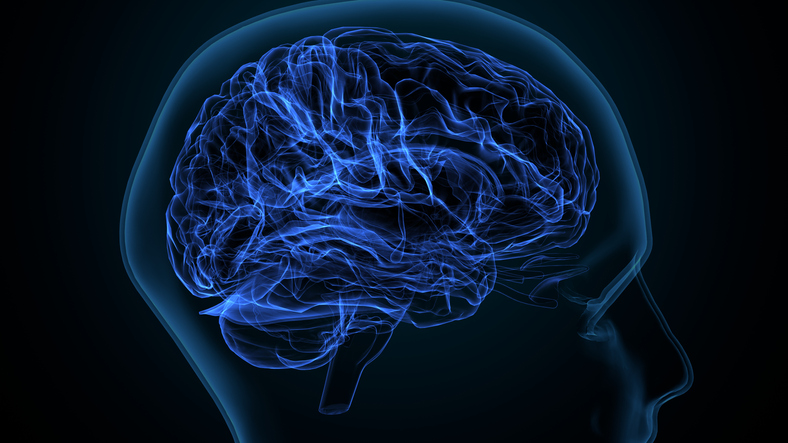


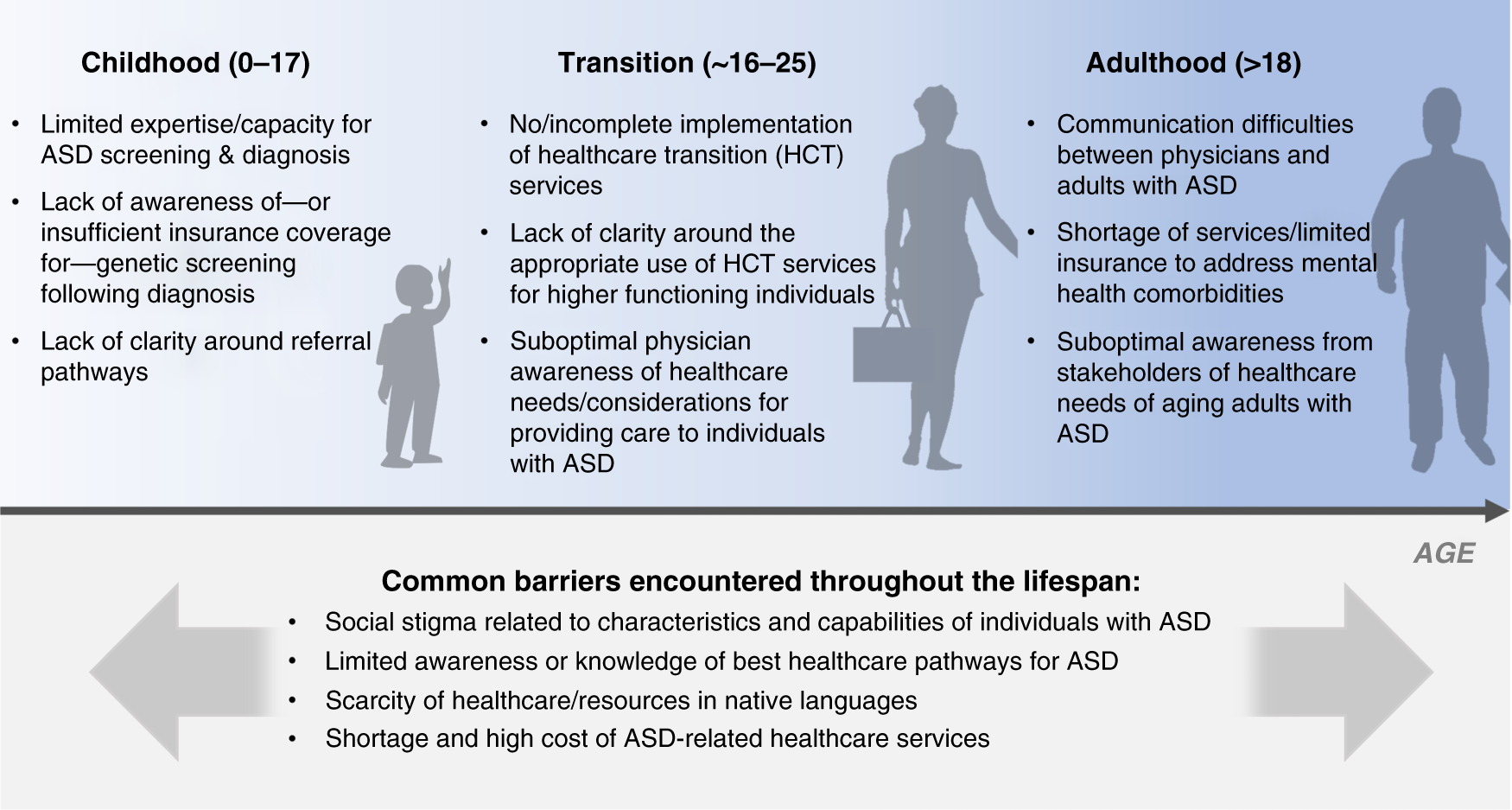




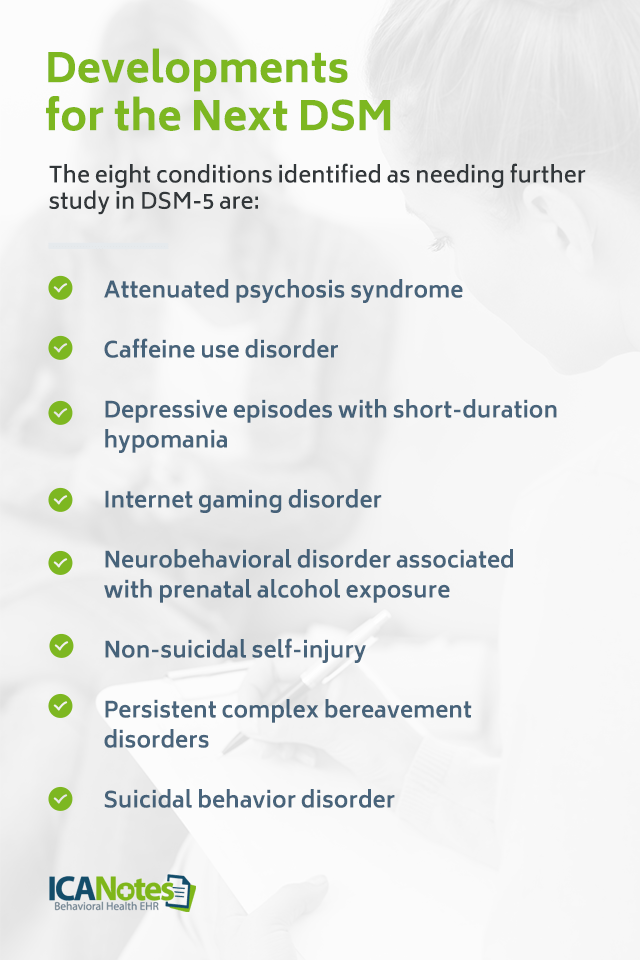
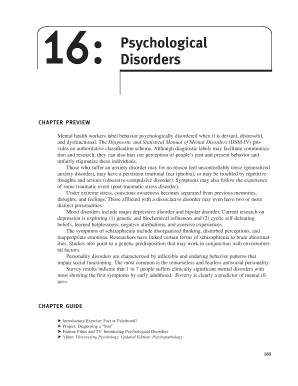




Post a Comment for "43 mental health workers label behavior as disordered when it"